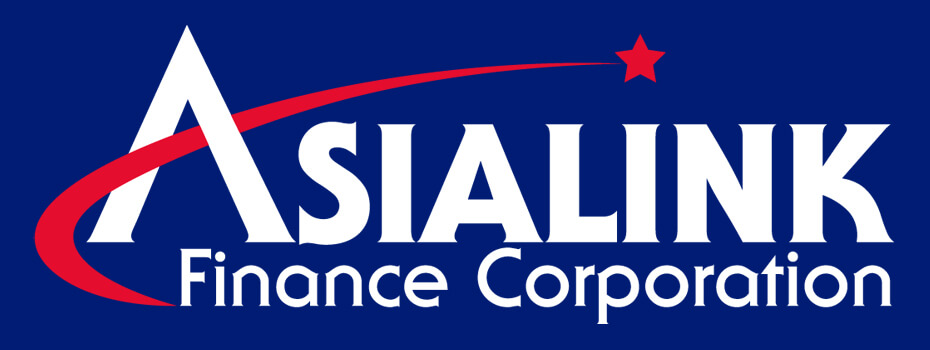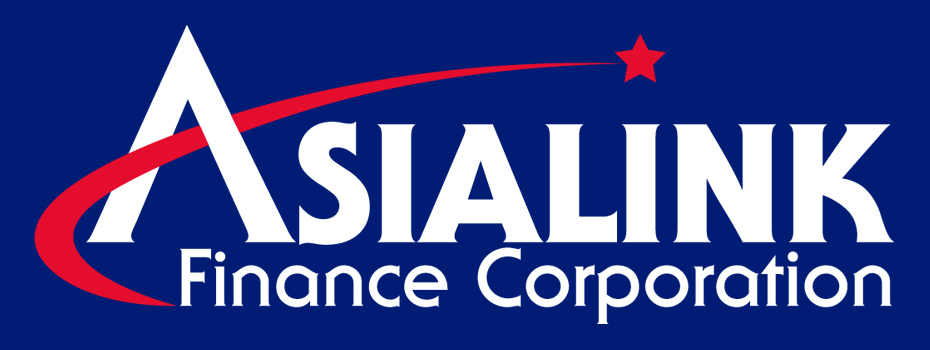Are you looking for a way to cover your expenses without using up bank credit or touching your savings? Fortunately, some loan options lessen the risk of damaging your credit score or putting you in a debt cycle.
Collateral loans fall under this category. Even if you don’t have a good credit standing, you can still get a loan if you’re willing to put up collateral, such as your vehicle or real estate property.
However, you can lose your valuable asset if you fail to repay.
But other than that, collateral loans allow you to get the money you need at lower interest rates. This infographic provides more information about how collateral loans work.

What are Collateral Loans?
A collateral loan allows you to get cash in exchange for a valuable asset the lender will hold onto until you settle the loan. Should you fail to comply with the payment terms, the lender may gain possession of your collateral item. Although some lenders give a grace period, a collateral loan can default after 30 days of a missed payment.
You may use the value of your collateral to negotiate the interest rate, loan amount, and tenure. Because of this, it’s possible for you to receive a higher sum and benefit from longer terms on your collateral loan.
Types of Collateral Loans
You can collateralize different assets when getting a loan in the Philippines. The following options are the most popular ones.
Property
Using property as collateral is a common practice. For example, you may pledge your house and lot, condominium unit, commercial property, or residential lot. Real estate is the least risky for the lender because of its high value, but using it as collateral can lead you to suffer a significant loss if you fail to repay the loan.
You may also use your vehicles or other personal assets for a collateral loan. Some options allow you to obtain a considerable loan with a maximum payback of up to 48 months and low interest.
Equipment
If you have copy machines, printers, computers, training equipment, and other machinery used in business operations, you may use them as collateral, too. However, the lender will most likely request receipts for every item to assess and confirm their value.
Cash security
In this type of collateral loan, you must borrow money from your active bank account and grant your lender the right to use the funds from that account to recoup any unpaid amount during the loan term.
Inventory financing
Your business stocks, finished products, raw materials, or inventory items are also eligible for collateral loans. However, the lender may sell them if you fail to pay on time.
Invoice financing
If you own a business, you can secure a collateral loan using invoices billed to customers. The invoices prove that you expect to receive payments, which you can use to repay the loan.
Blanket liens collateral
A blanket lien gives the lender a legal interest in your assets, so they can take possession of them if you cannot follow the lender’s payment terms.
The Pros and Cons of Collateral Loans
There are many advantages to availing of a collateral loan from financial institutions.
- Easier approval – Unlike other bank loans, collateral loans are more flexible and feasible, even if you don’t have a good credit standing. As long as you have valuable assets and the necessary documents for the loan, you will most likely get an approval.
- Short-term liquidity – A collateral loan can help you access money if your funds are in assets that are difficult to sell, like a home or valuables, without going through the time-consuming process of selling those possessions.
- Higher loanable amount – Since property and vehicles are high-value collateral items, you can get a large amount of money on your loan.
- Lower interest rates – Because of the pledged asset’s value, lenders typically face a much lower risk. As such, they can give you discounted interest rates.
- Credit score builder – Paying on time improves your credit standing, making you more eligible for other loans in the future.
Conversely, some disadvantages may arise when applying for a collateral loan.
- Valuable asset requirements – Without valuables to offer as collateral, you cannot secure a loan. You must then look for an alternative plan.
- Risk of losing the asset – Since you put your assets as a pledge, the lender can gain possession of them if you fail to abide by the payment terms.
- Item assessment as part of the application process – The lender needs to assess the collateral item for its value, which can be time-consuming for you and your lender.
- Cash-backed loans with limited loan amounts – For cash security loans, the loanable amount can depend on your certificate of deposit or savings account. For instance, you might not get a loan if you want to borrow PHP 200,000 but only have PHP 100,000 in your account. Instead, your loan would be the same amount as your savings.
- Potential damage to credit history – Any loan default might seriously harm your credit status and future borrowing capacity.
7 FAQs About Collateral Loans
It’s natural to have queries about collateral loans before applying for one. Here are some frequently asked questions about collateral loans.
What’s the difference between secured and unsecured loans?
Unsecured collateral loans don’t involve collateral since the lender trusts you will pay them back. However, the loan amount is usually smaller, with higher interest rates. Moreover, a good credit standing may be necessary for approval, and not every financial institution offers unsecured loans.
On the other hand, secured collateral loans require assets in exchange for money. Therefore, they typically offer bigger loan amounts and lower interest rates since they can leverage the pledged items. In addition, secured collateral loans can make you eligible even if you have no outstanding credit history.
Can I use collateral as a down payment?
Yes, collateral can reduce the down payment and even interest. However, since a down payment is often around 20% of the entire loan, your collateral should at least match that amount.
Why is collateral important in credit?
If you have no prior experience borrowing from financial institutions or want to build your credit history, starting with a secured collateral loan is a sensible choice. To have a strong credit history, making loan payments on time is critical.
What is the interest rate on a collateral loan?
Lenders have varying interest rates, and although secured loans often have a lower interest fee, many still feel the interest rates are pretty high. However, AsiaLink Finance’s interest rates can be as low as 1.5%, with a maximum of 4% across loans.
Do I need an excellent credit score for a collateral loan?
No, you can still avail yourself of a secured collateral loan even if you don’t have an excellent credit score. You may get approval for a collateral loan if you have valuable assets that the lender can hold on to while you make the payments.
How do I apply for a collateral loan?
Although collateral loans don’t require good credit, you can still check your credit score or status, especially if you plan to avail yourself of an unsecured collateral loan. It’s also best to research which lenders and rates work best for you. Next, you can choose which assets you’ll use as collateral to secure a loan, then gather supporting documents necessary for the application.
Afterward, select your preferred lender and loan rate. The final step is sending in your application and waiting for approval. Depending on your lender, the result can take a few days.
Where can I apply for a collateral loan?
There are multiple sources you can approach for a collateral loan, including community banks, credit unions, national banks, and other financial organizations. You may also apply through a loaning company in the Philippines with institutions like AsiaLink Finance.
Securing a Collateral Loan
If you need extra cash, a collateral loan is a great option. It comes with lower interest rates, a large loan amount, and the opportunity to establish your credit standing. If you’re looking for a financial institution that offers a loan with these features, apply now with AsiaLink Finance.
As one of the Philippines’ top financial institutions, AsiaLink Finance provides a variety of practical and convenient deals, such as auto loan, used car loan, truck loan, car financing, and truck financing (Sangla ORCR), all with reasonable interest rates. For more details, you can check out AsiaLink Finance online.






